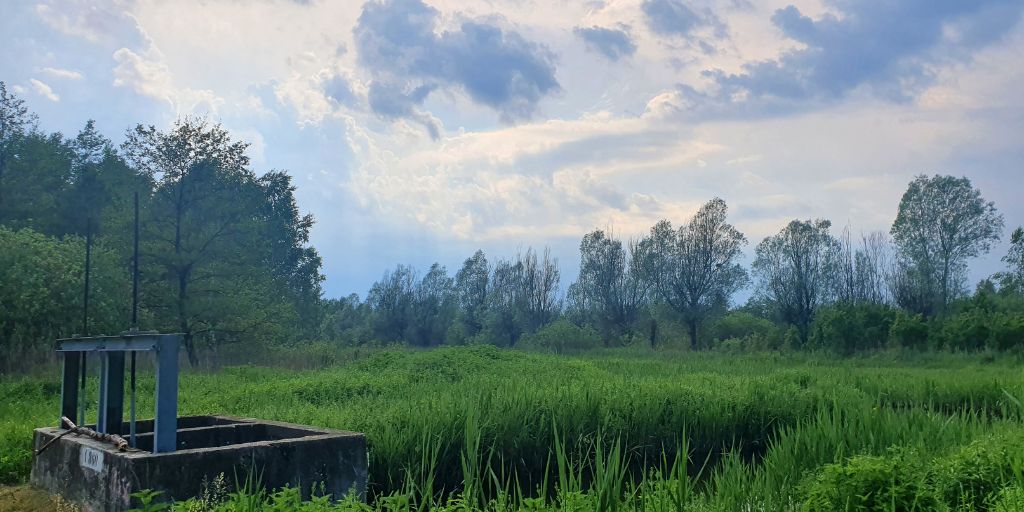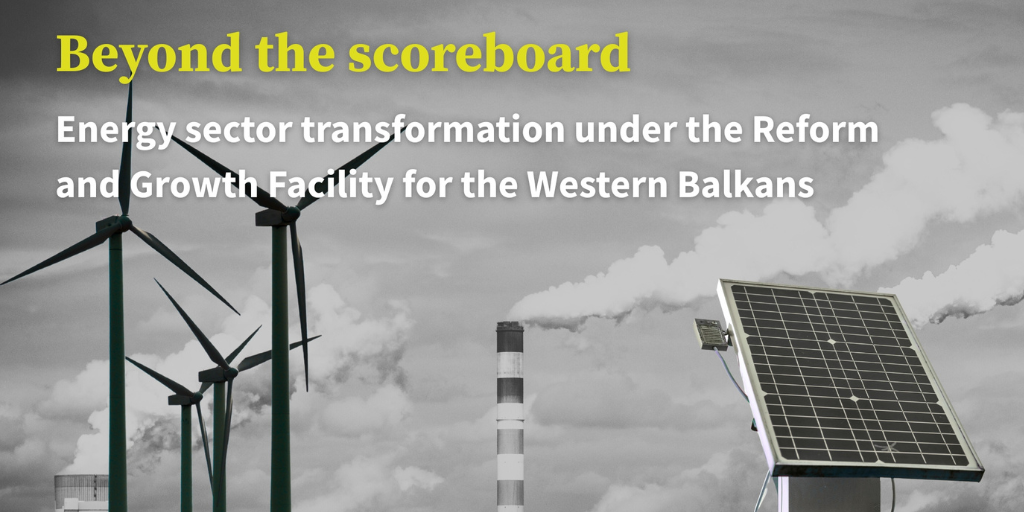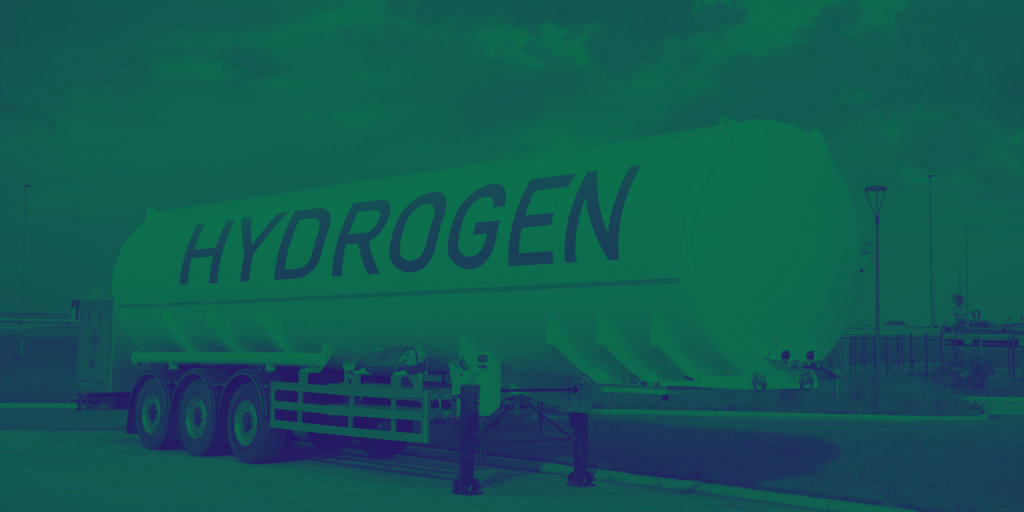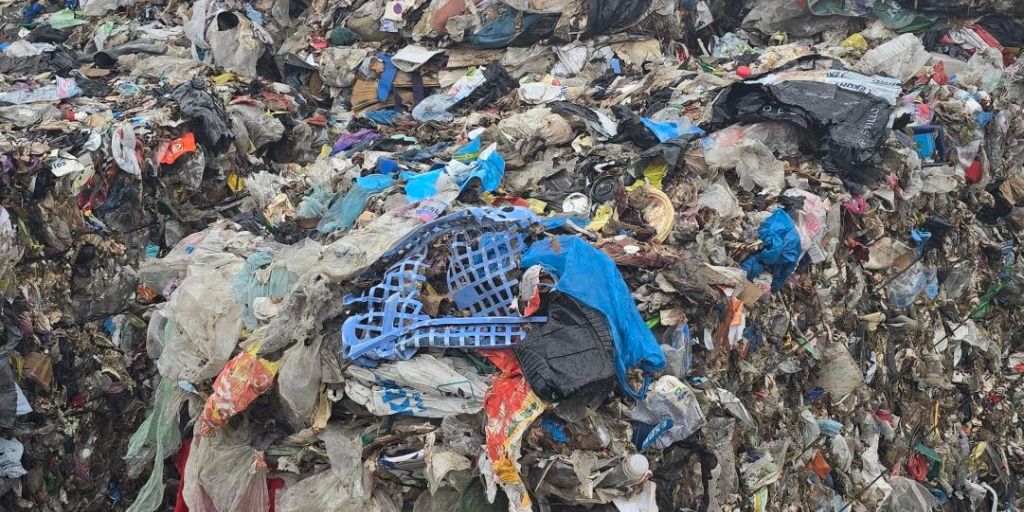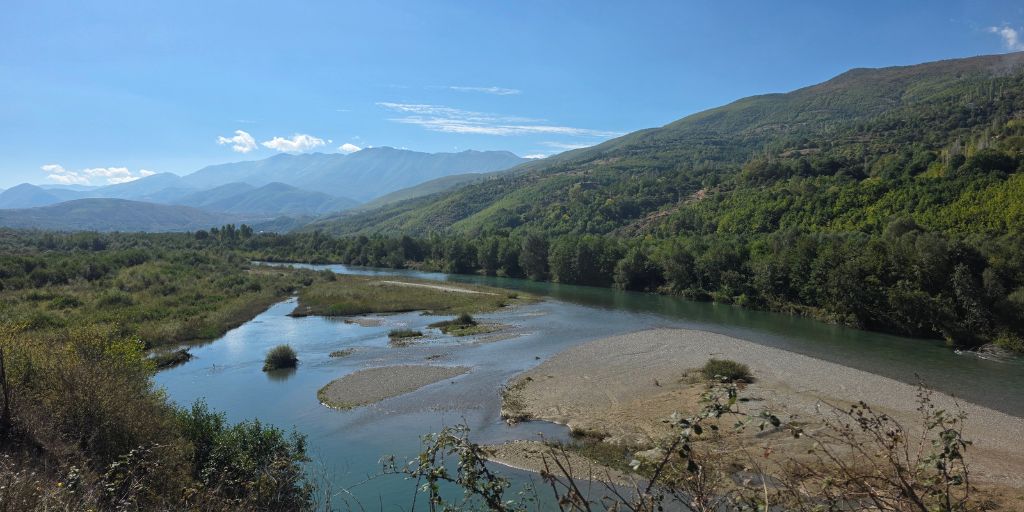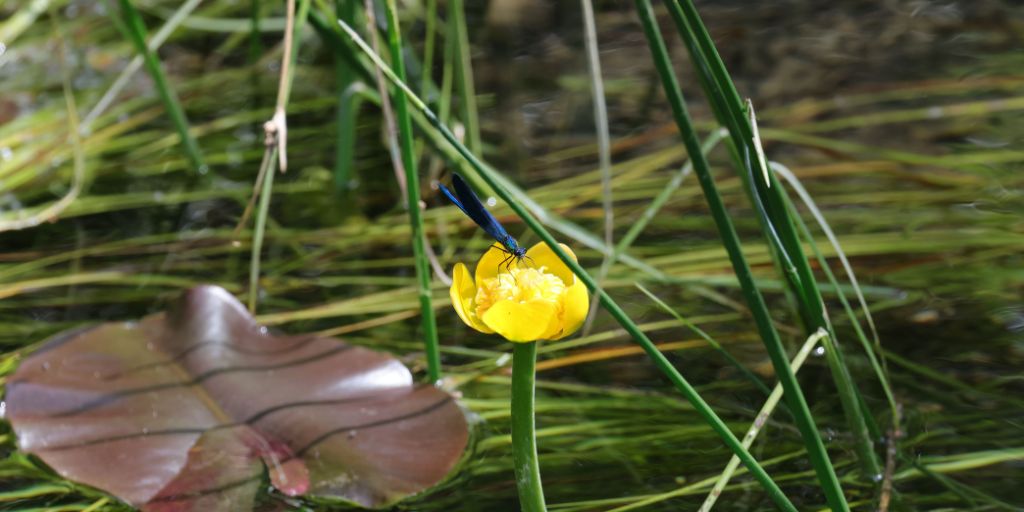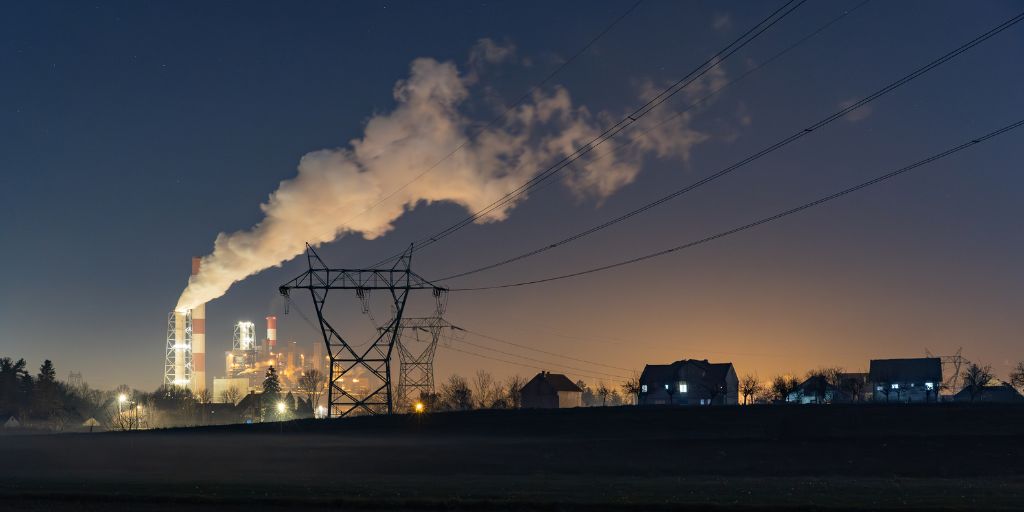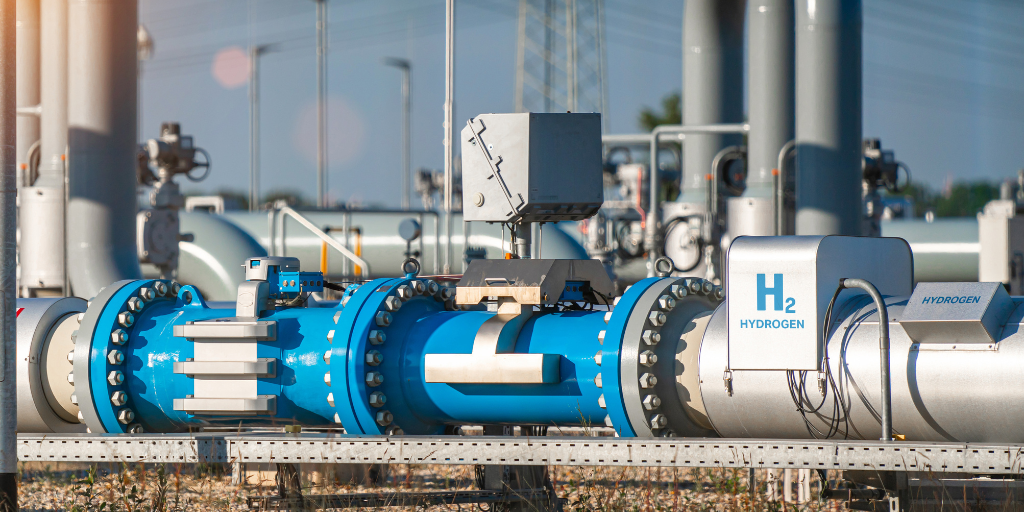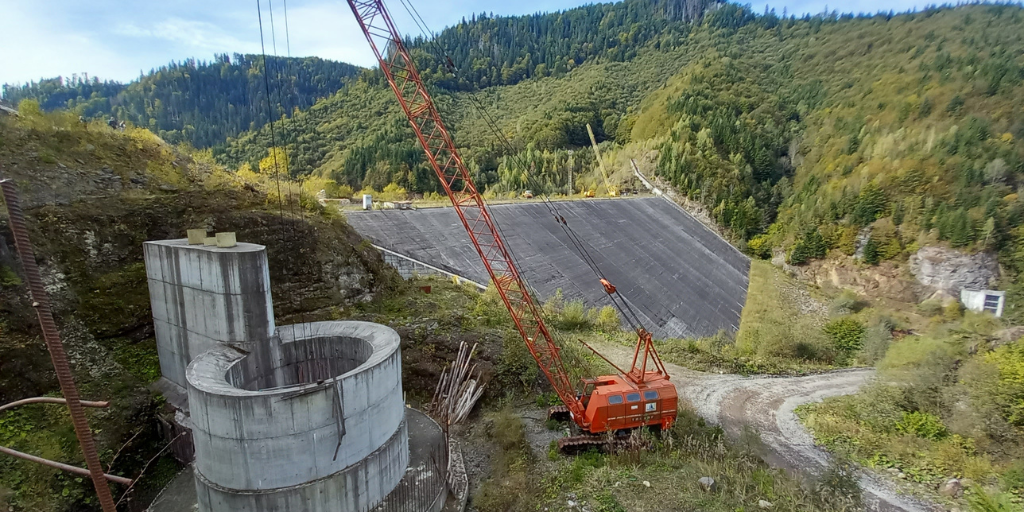December 8, 2025 | Read more Despite EU commitments to halt biodiversity loss, Hungary’s recovery and resilience plan has diverted funding from wetland restoration, highlighting structural flaws in the EU’s green-funding allocations.
December 5, 2025 | Read more Two years after it was announced, the European Union’s Reform and Growth Facility for the Western Balkans is struggling to deliver on its goals, according to a new analysis by CEE Bankwatch Network (1). The report reveals that a significant proportion of planned energy-related reforms are delayed and raises serious concerns about the suitability of performance-based models for the bulk of future EU funding in the region.
December 1, 2025 | Read more A bill tabled today by the European Commission foresees a massive build-up of hydrogen projects, despite growing expert consensus that hydrogen can only thwart Europe’s decarbonisation efforts.
November 25, 2025 | Read more While Western Balkan governments scramble to solve their energy and waste crises by turning to incineration, a clear lesson is emerging from the EU: burning waste is a dead end.
November 24, 2025 | Read more The highly damaging hydropower project could hardly have had stronger political support at its inception, with the country’s parliament passing a special law in 2021 to appoint U.S. construction giant Bechtel as the main contractor. But four years later, the project has stagnated, with no environmental permit and no financing.
November 21, 2025 | Read more A new citizen-science trail at Estonia’s restored Kõrsa bog shows how involving communities directly can transform nature restoration into an accessible, collaborative and trusted process.
November 6, 2025 | Read more The European Commission launched the Green Agenda for the Western Balkans in 2020. But five years later, progress is limited. In mid-October, an updated Action Plan was endorsed by Western Balkan leaders. Here we look at whether civil society proposals were taken into account and whether the revised plan can inject new dynamism into the process.
October 30, 2025 | Read more The EU’s Carbon Border Adjustment Mechanism (CBAM) takes full effect from 1 January 2026. But Western Balkan governments’ lack of preparation increases the risk of a calamitous and unjust energy transition, finds a new report published today by CEE Bankwatch Network (1).
October 29, 2025 | Read more As the European Commission puts the final touches on a list of priority energy projects brimming with hydrogen infrastructure, both civil society and EU agencies are warning that a hydrogen expansion risks undermining the energy transition.
October 20, 2025 | Read more Romania stands at a dangerous crossroads. Last week, a law initiated by the senator Daniel Zamfir in 2022 and already then rejected by the Senate, passed by a crushing majority (262–33) in the decisive Deputies Chamber.
Stay informed
Receive our monthly overviews of the latest developments on the ground.
